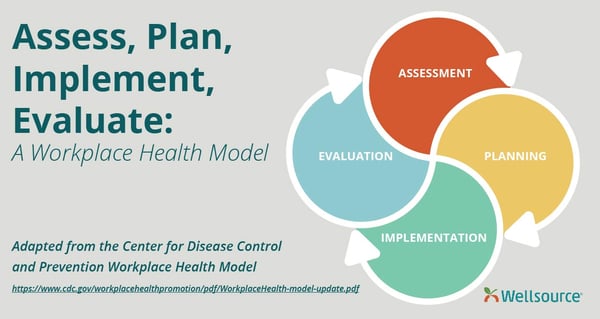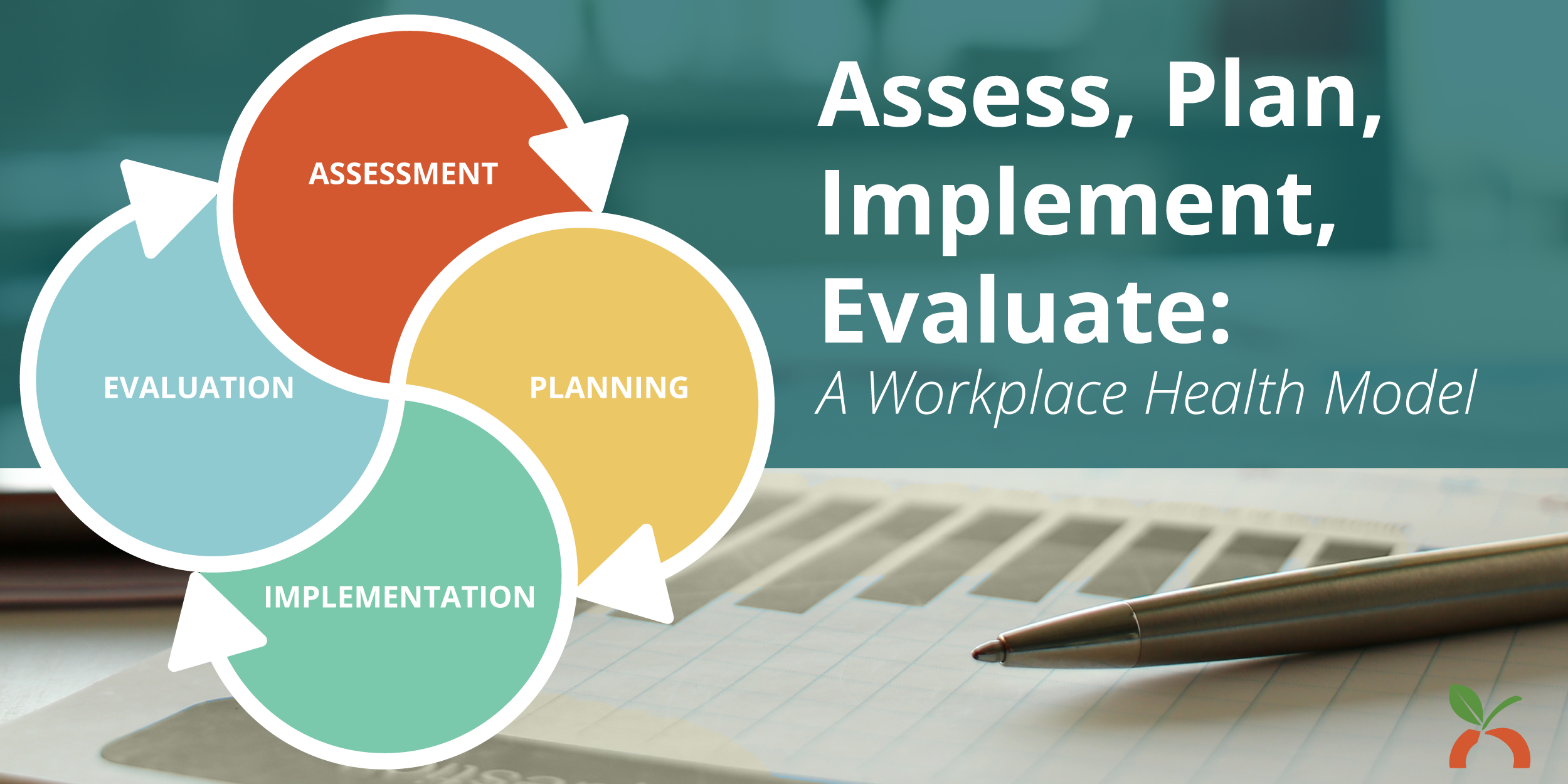For the last year, I’ve had the opportunity to work with the Wellsource Health and Research team as part of my coursework, guiding the implementation of health intervention plans using the data provided by Wellsource HRAs. This blog series will dive into the outcomes of my project working with a program that assesses weight changes and the impacts of obesity treatment for women in the workplace.
Setting the Stage: Project Background Information
Obesity is the seventh leading cause of death in the U.S. and is among the leading causes of preventable life-years lost among Americans. In a study conducted by myself and the Wellsource team, we found that severely obese women (those with a BMI > 40 kg/m2) are less likely to engage in the recommended amount of weekly exercise minutes and are more likely to report feelings of personal stress.
Beyond impacts to an individual, obesity is a costly condition that can lead to absenteeism and lost productivity in the workplace. Productivity losses linked to employee absenteeism costs employers $225.8 billion each year.
The workplace is an important setting for health intervention programs, as employees working full-time spend one-third of their day at the workplace. Promoting individual health in the workplace has been shown to lower insurance premiums, worker’s compensation claims, reduce absenteeism, and increase worker productivity.
Overview: How to develop a workplace intervention
Encouraging employees to exercise and eat healthy shouldn’t be done in isolation. When you decide an employee population is ready to take on a health issue, you want to design a broader initiative that will promote health and well-being of the entire population, not just the targeted segment. Here’s an example intervention plan to incorporate into your next workplace health promotion program for obesity.

Step 1: Workplace Health Assessment
- Gather information about the health problem by using a measurement system
- Decide what needs to happen (what behaviors need to change, what changes should occur as a result of the intervention, etc.) and who the intervention should help
- Involve the users of the intervention by asking for their feedback and help to plan the intervention
Step 2: Plan the Program
- Specify how to obtain the target population’s input and how to analyze the problems and goals of the intervention
- Create intervention goals, objectives, and evaluation plans
- Learn about best practices and search for promising approaches that have previously been used in other interventions
- Develop an action plan
- Conduct pilot testing on a small scale
Step 3: Implementation
- Have strategies in place that touch on multiple determinants of health
- Constantly evaluate and monitor short-, medium- and long-term outcomes
Step 4: Monitor and Evaluate
- Decide on process and outcome measures
- Identify outcomes of interest
- Again, constantly evaluate and monitor with feedback
Introducing the Women’s Wellness in the Workplace (or Triple W) Challenge: An Example Workplace Obesity Intervention Program
The Triple W Challenge program was developed using the steps above. The purpose of the program is to reduce overall obesity by targeting unhealthy lifestyle and behaviors in women in the workplace. Recommendations suggest that a multi-level intervention program is most effective for behavior change pertaining to weight loss.
For our purposes, comprehensive workplace intervention for obesity will serve as an impactful intervention that will provide the participants with education about weight loss and how lifestyle and behaviors can facilitate it. The proposed intervention has an emphasis on learning mindfulness that has been shown to not only help with stress reduction, but also has been shown to help with weight loss in obese individuals.
Some details about the program:
- Duration: The Triple W Challenge is a 24-month multi-level component program.
- Methods: Participants are encouraged to increase their physical activity and improve their dietary choices while decreasing their stress levels.
- Outcomes: The Triple W Challenge should lead to changes in health knowledge, attitudes, and behaviors resulting in eventual changes in obesity prevalence.
Developed as a workplace health promotion program, this interactive obesity treatment approach will assess participants’ readiness to change, include goal setting, and a text system that provides ongoing support and self-monitoring of behavior change goals related to obesity.
Workplace health programs have potential to not only impact individual health, such as health behaviors, risks for disease, or current health status, but to also impact organizations by increasing productivity, reducing healthcare costs and absenteeism, and boosting culture and employee morale.
| This blog post is part of a series that will explore each step of the Triple W Challenge to develop a workplace health intervention for obesity. Click to read the entire series: |
Meet Kori Pitt, MPH
 Kori Pitt obtained her BS in Public Health at the University of Nevada, Reno in 2013. She recently graduated with her Master’s in Public Health from the University of Arizona. Kori’s program concentrated in health promotion, where she examined health behavior and developed skills in implementing and evaluating health interventions on a population level.
Kori Pitt obtained her BS in Public Health at the University of Nevada, Reno in 2013. She recently graduated with her Master’s in Public Health from the University of Arizona. Kori’s program concentrated in health promotion, where she examined health behavior and developed skills in implementing and evaluating health interventions on a population level.
Kori's internship at Wellsource involved performing research on lifestyle behaviors affecting obesity in working females. She performed statistical analyses on health risk assessment data and created an evidence-based workplace intervention framework for obesity. Kori is passionate about chronic disease education and prevention and bridging the gap between public health research and practice.







